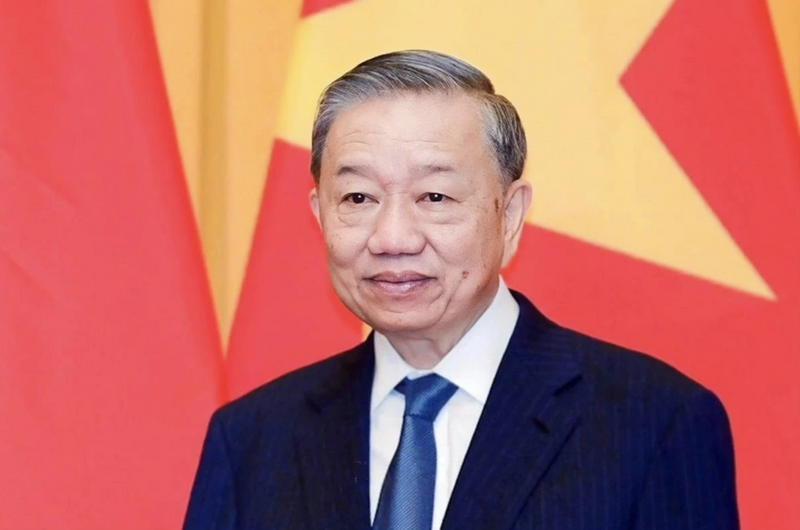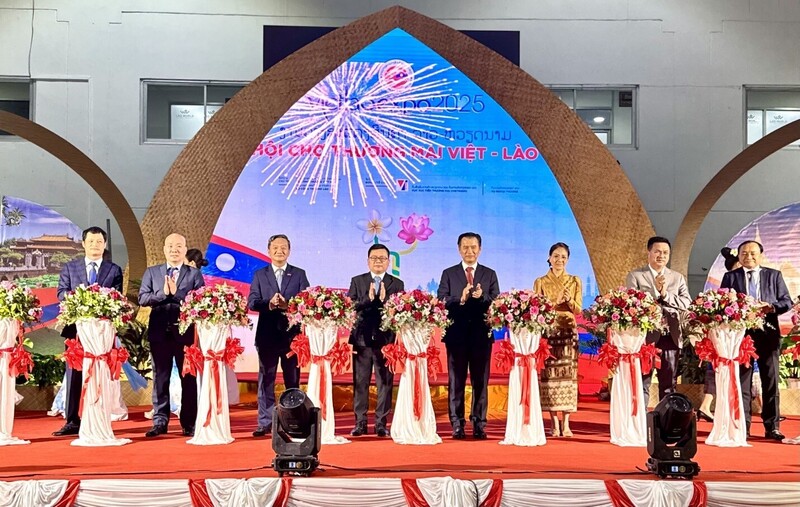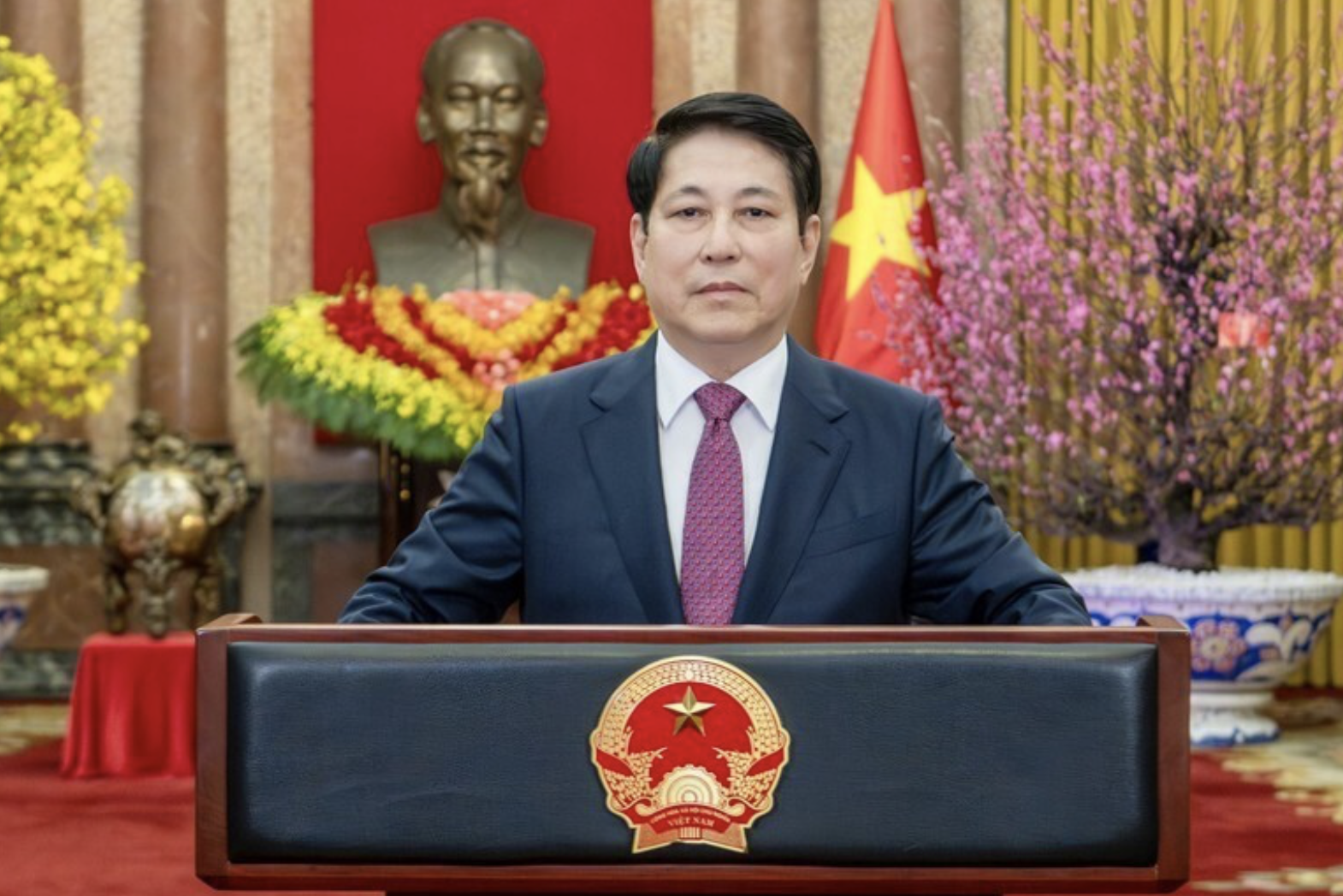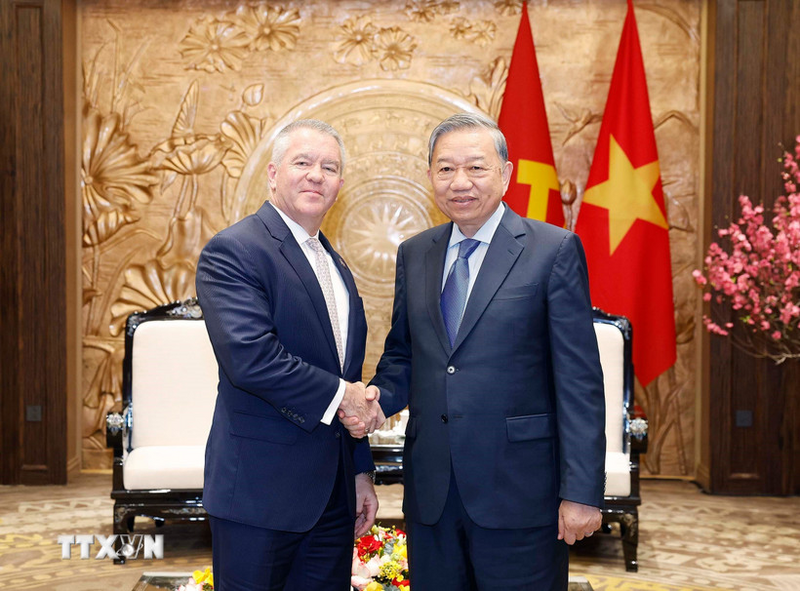
General Secretary To Lam to attend inaugural Gaza Peace Council meeting in US
19:05 | 23/03/2025 14:58 | 17/02/2026News and Events
Affirming Vietnam’s cultural and religious stature on the global heritage map
On the evening of August 17, at Minh Tam Square in the Yen Tu Cultural Center, Quang Ninh Province, Prime Minister Pham Minh Chinh attended the ceremony announcing the inscription of the Yen Tu - Vinh Nghiem - Con Son, Kiep Bac Complex of Monuments and Landscapes as a UNESCO World Cultural Heritage. The recognition was made at the 47th session of the World Heritage Committee held in Paris on July 12, 2025.

PM speaks at UNESCO recognition of Yen Tu heritage complex
Delivering remarks at the event, the Prime Minister emphasized that 11 years after the Trang An Landscape Complex was named a World Heritage Site (2014), Vietnam is now honored with its ninth UNESCO World Heritage: the Yen Tu – Vinh Nghiem - Con Son, Kiep Bac Complex. He noted that this was the country’s first serial, inter-provincial heritage nomination, prepared under difficult circumstances during the COVID-19 pandemic but successfully convincing UNESCO of its global value.
According to Prime Minister Chinh, the achievement reflects the close coordination among central and local authorities, ministries, diplomatic agencies, UNESCO Vietnam, international experts, and the broad support of the public. He praised the dedicated efforts of Quang Ninh as the lead locality, as well as the active participation of Bac Ninh and Hai Phong.
To safeguard and promote the heritage, the Prime Minister requested the Ministry of Culture, Sports and Tourism, together with the provinces of Quang Ninh, Bac Ninh and Hai Phong, to implement five key tasks: improve the legal framework for heritage protection, clarify management responsibilities, prepare risk-prevention and disaster-mitigation plans, link conservation with sustainable tourism, and strengthen outreach so that every citizen becomes a “cultural ambassador.”
“The inscription of the Yen Tu - Vinh Nghiem - Con Son, Kiep Bac Complex as a World Heritage Site enriches Vietnam’s cultural identity", Prime Minister Chinh stressed. "It represents a form of soft power, a vital resource for culture to truly become a breakthrough driver of development, ensuring that Vietnam’s civilization shines for generations as the nation advances toward a prosperous, modern era".
The complex, he added, is not only tangible and intangible heritage but also a sacred space embodying the profound humanistic values of Vietnamese Buddhism. Its recognition by UNESCO affirms the vitality of national culture and Vietnam’s deepening integration into the global cultural flow.
A universal testimony to philosophy, peace, and humanity
The Yen Tu - Vinh Nghiem - Con Son, Kiep Bac Complex consists of 12 heritage sites across Quang Ninh, Hai Phong and Bac Ninh. Quang Ninh is home to five sites including Thai Mieu, Lan Pagoda, Hoa Yen Pagoda, Ngoa Van Pagoda and Yen Giang stake yard; Hai Phong has five sites including Con Son Pagoda, Kiep Bac Temple, Thanh Mai Pagoda, Kinh Chu Cave and Nham Duong Pagoda; while Bac Ninh features Vinh Nghiem Pagoda and Bo Da Pagoda.
This marks Vietnam’s ninth World Heritage and its second inter-provincial heritage, following Ha Long Bay – Cat Ba Archipelago.
With Truc Lam Zen Buddhism as its spiritual core, the complex traces back to the 13th century under the Tran dynasty, particularly Emperor Tran Nhan Tong, who founded the Vietnamese Zen tradition. Truc Lam Buddhism fostered lasting cultural and spiritual values rooted in Yen Tu’s sacred mountain landscape. It embodies a philosophy of tolerance and compassion, harmonizing Mahayana Buddhist teachings with Confucian ethics, Taoist cosmology and indigenous Vietnamese beliefs.
These values of reconciliation, harmony and peace resonate with UNESCO’s mission of fostering education, peace, cultural enrichment, self-reliance, and respect for nature’s laws.
At the event, Quang Ninh’s Chairman Pham Duc An underlined that UNESCO’s recognition is not only a source of pride for Quang Ninh, Bac Ninh and Hai Phong but also a great honor for the Vietnamese nation. The heritage is a living testament to the cultural, historical and spiritual landscape shaped by centuries of wisdom, belief and creativity.
He stressed that the title is both a prestigious reward and a major responsibility, requiring strict adherence to international conventions and Vietnamese law on heritage protection, effective management plans, and the balance between preservation, sustainable tourism, and local community development.
The Quang Ninh leader expressed hope for continued support from the Party, Government, ministries, UNESCO, experts, scientists, and the people to further promote the heritage’s values, turning traditional legacies into strong internal resources for cultural, economic and social development in an era of global integration.
To mark the occasion, Quang Ninh hosted a special art program titled “The Sound of Yen Tu - Eternal Heritage”, retracing the spiritual journey of Truc Lam Zen Buddhism. The show featured three chapters: “Sacred Land at the Dragon’s Head", “Buddhism alongside the Nation,” and “Quang Ninh embracing integration”, with hundreds of artists and folk performers. Prior to the ceremony, a grand prayer for national peace and prosperity was held at the Truc Lam Palace, honoring ancestors and expressing aspirations for a peaceful and prosperous Vietnam.

19:05 | 23/03/2025 14:58 | 17/02/2026News and Events

19:05 | 23/03/2025 14:56 | 17/02/2026Trade

19:05 | 23/03/2025 14:55 | 17/02/2026News and Events

19:05 | 23/03/2025 00:12 | 17/02/2026News and Events

19:05 | 23/03/2025 08:30 | 15/02/2026News and Events